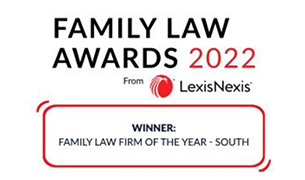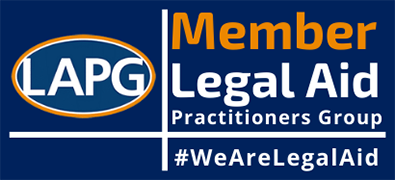
If you’ve ever searched “how to divorce a narcissist,” you’re not alone. It’s a term that’s risen sharply in popularity, fuelled by personal blogs, psychology articles, and social media reels.
It’s often used to describe ex-partners whose behaviour has felt emotionally abusive, manipulative, or controlling and in many cases, those feelings are completely valid. But from a legal perspective, especially in complex divorce and finance cases, using labels like “narcissist” can sometimes get in the way of resolution not help it.
What is narcissism?
The word narcissism originates from Greek mythology. Narcissus was a beautiful young man who rejected the love of others, including the nymph Echo, only to be punished by the gods. Cursed to fall hopelessly in love with his own reflection. The myth speaks to two enduring traits associated with narcissism: excessive self-love and a cold disregard for others.
Over time, the concept evolved. In the late 19th century, narcissism was linked to deviant behaviour, before psychoanalysts like Freud and Heinz Hartmann helped shape it into what we now understand as narcissistic personality disorder. A complex psychological pattern involving grandiosity, a lack of empathy, and a need for control and admiration.
So it’s no surprise that narcissist has become a go-to label in modern divorce conversations. But while the behaviours people describe are often very real and distressing, using that label in a legal setting may not always be helpful.
Understanding vs Labelling
It’s completely understandable that you might seek a label to make sense of your experience during your relationship breakdown. And indeed, narcissistic behaviours such as extreme defensiveness, lack of empathy, control, or even financial sabotage do show up in many of the high-conflict divorces we see.
But as divorce and finance lawyers, our role isn’t to diagnose or to judge. It’s to listen, understand the patterns of behaviour, and help you navigate a path forward that protects your wellbeing, your assets, and your family’s future. Regardless of what the other party is like.
Understanding how a person thinks or behaves particularly if those behaviours are controlling or emotionally manipulative is incredibly important when it comes to negotiation and strategy. But labelling them as a narcissist (even if they meet all the criteria) can inflame conflict, harden positions, and make it harder to achieve the outcome you need.
We’re here to help people find solutions, not fan the flames. Our role is to listen, protect, and guide our clients through the legal process.
The reality of leaving a partner with controlling behaviours
In some cases, people with narcissistic traits may resist divorce entirely not because they want to save the relationship, but because divorce means loss of control. They might delay the process, withhold financial documents, or refuse to engage in negotiation. This can be incredibly frustrating and emotionally draining for the person trying to leave.
In these cases, having a calm, experienced legal team who understands the dynamics behind these behaviours is essential. We work carefully to choose the best method whether it’s robust court proceedings, mediation, or collaborative law. Working together we can help decide what is best in your circumstances.
How do you move forward?
If your ex-spouse displays controlling or harmful behaviours, your feelings are valid. Protecting your emotional wellbeing and your financial future is crucial and you don’t have to face it alone. But try not to get too caught up labelling their behaviour.
Instead, find a specialist divorce and finance legal team who:
- Listens carefully to your experiences
- Understands trauma and psychological complexity
- Has a strategy tailored to your unique situation
- Guides you calmly through the legal process, even when the other party is trying to derail it
At The Family Law Company, we pride ourselves on offering more than just legal advice we offer a calm, safe, and expert space to rebuild from. If you’re facing a high-conflict separation and want to explore your options, we’re here to help.
Need some advice? Get in touch today
"*" indicates required fields
The information submitted here is used and stored for the purpose of replying to the enquiry. For more information on how we process data please visit our Privacy Policy.










